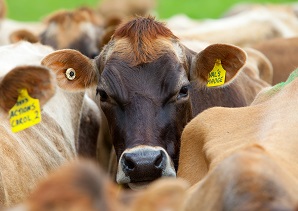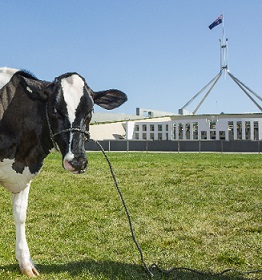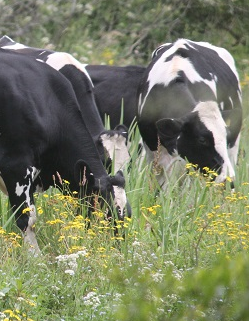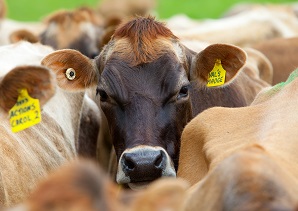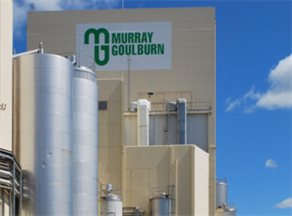Nominations for three Business Director positions and an Independent Director on the
Australian Dairy Farmers’ (ADF) Board opened today.
ADF is calling on its members to nominate eligible candidates for three Business Director positions and an Independent Director position.
ADF President, Terry Richardson said that we are looking for dairy farmers who are passionate about advancing dairy farming in Australia and have a strong
industry commitment.
“The maximum term a Business Director may serve is three years without submitting for re-election and an Independent Director may serve two years without
submitting for re-election,” said Mr Richardson.
ADF currently has two Business Directors who were elected at the 2014 AGM for a three (3) year term, these Directors must retire and may nominate for re-election.
Additionally, following the retirement of a past President in February, a temporary Business Director was appointed in May 2017 to fill the casual vacancy.
As required by the constitution, the Business Director must retire and may nominate for re-election.
The Independent Director was elected in November 2015 for a two-year term and must retire, however may seek to be re-appointed for another term.
Director elections will take place at the ADF’s next Annual General Meeting on Thursday 24 November, 2017.
The eligibility criteria for the position of Business Director are:
• Must be in the business of dairy farming
• Must be a member of Australian Dairy Farmers Limited; and
• Must be eligible under clause 4.2.2 of the ADF Constitution (no more than two Business Directors from any one state)
If you wish to receive a nomination form or position description please contact the ADF Office via (03) 8621 4200 or email operations@australiandairyfarmers.com.au.
Applications close midday (AEST) Thursday 28 September 2017.
Terry Richardson
ADF President

